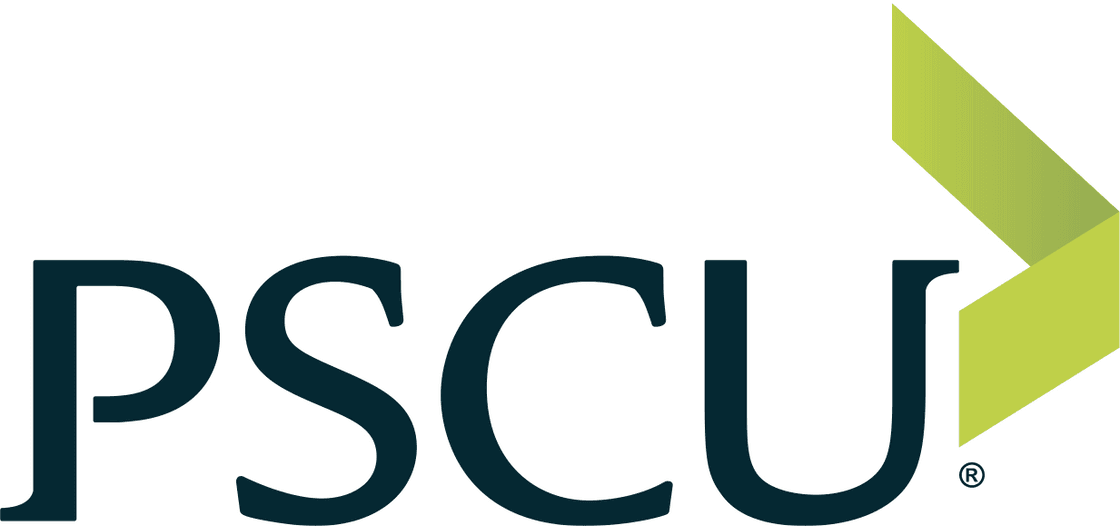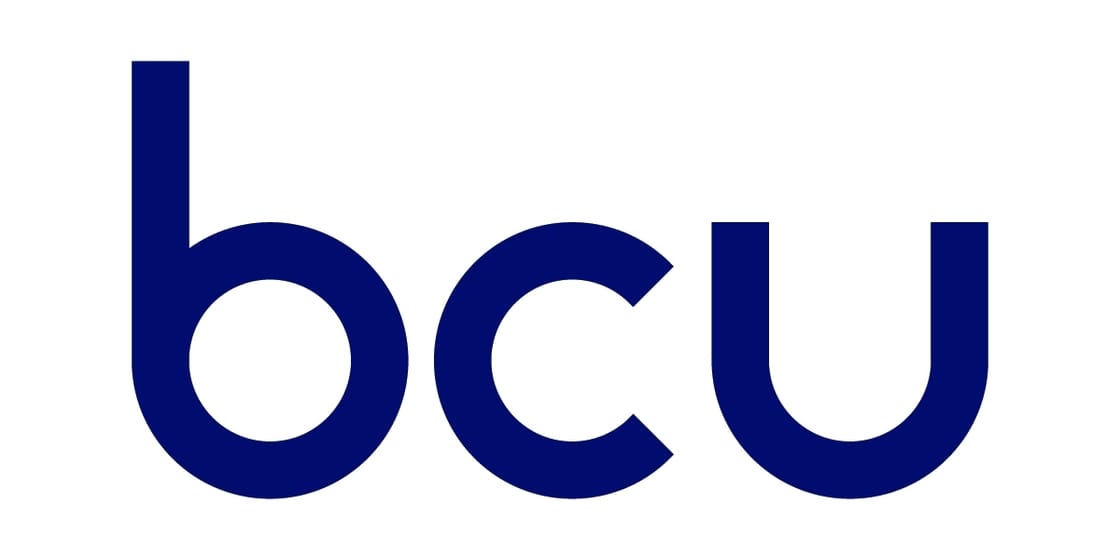Executive Summary
Like other organizations, credit unions must focus on maintaining acceptable short-term financial performance while at the same time creating and sharing value with key stakeholders—most notably in this case members and employees. Executing this balance is a central challenge for any business, and effective organizations achieve it by engaging employees in decision making, providing them with the information they need to make better decisions, and giving them a stake in the value they help to create.
This is of course easier said than done, and all organizations vary widely in their ability and willingness to use these levers to drive business results. Some of the challenges are cultural—effective empowerment often requires a shift in organizational trust and transparency—while still others are operational as new information, incentives, and processes must be put in place to support more effective decision making. While addressing these challenges at the cultural and operational levels simultaneously is a key leadership task in any organization, credit unions are in a strong position to manage in this way for long-term sustainability given their unique cooperative structures, missions, and values.















